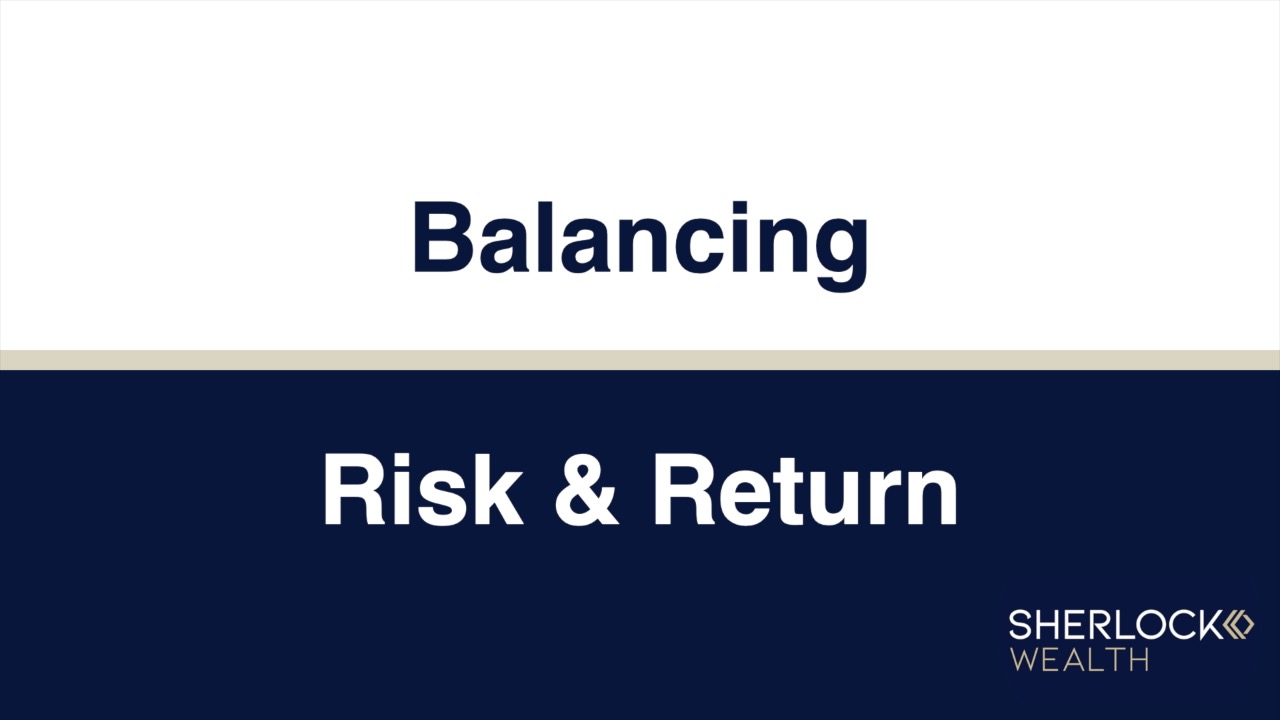
With careful planning, you can give a helping hand to your adult children financially, while still enjoying a comfortable retirement.
In the past, wealth was often passed on through inheritance. But with our longer lifespans, and the higher cost of living (especially housing), the desire to help our kids while we’re alive and well is increasing.
If your children are young, you may have twenty or thirty years to save and invest on their behalf, while also saving for your own retirement. If this is the case, it pays to put a strategy in place early on.
For those nearing retirement age, or already retired, you may have a large lump sum you’d like to gift to one or more of your kids. Giving money is a wonderful thing to do, but it’s not always simple. It can have tax implications and may affect your income support payments from Centrelink. On the other hand, gifting may enable you to increase your government pension payments or benefits, if done right.
So how can you help your children without compromising your own financial security and comfort in retirement?
Ensure you’re on track for a comfortable retirement.
Before you give away your wealth, it’s important to remember that you need to fund your own retirement for many years.
Australians are living longer than ever, with more years spent in retirement. If you were to retire at age 60 and live to 90, that’s one whole third of your life spent in retirement.
As well as wanting to enjoy your retirement through travel or leisure activities, older age often comes with more medical and health expenses.
So it’s really important to make sure you have enough funds saved and invested to get you through. This might sound selfish, but in reality, it means you won’t become a financial burden on your children later in life.
How much will you need to retire, and, how much can you afford to give away now? It’s always best to seek professional financial advice to ensure you have enough put away to see you through. A financial planner will be able to give you tailored advice about the impact of your giving on your retirement plans.
Related: Super 101 – Your guide to a happy retirement
What am I giving money for?
Next, consider what it is you’d like to help your son or daughter with. Are the funds for a property deposit? To pay for a wedding. Education expenses? This might offer some clue as to the right amount of support.
Following on from this, consider how many children you need to help. If you gift funds to one child, do you need to match that for others when the time comes? If you have several children, but some are doing better than others, do you need to help them all equally?
Balancing the family dynamics around money is important, as it can be a sensitive issue. The last thing you want to do is cause a rift in the family over some perceived inequality. If you do have several children you need to help, keep this in mind, as it will limit how much help you can offer each child.
Giving an incentive
Often the best way to support children financially is to match their own contribution. Rather than purchasing something outright, offer to base your assistance on their own savings. This also means they have a vested interest in the item, which means they’re likely to treat it more carefully.
Related: How to help your children with buying property
How should I give money?
If you receive the Age Pension or other benefits from Centrelink, there is a limit to how much you can give away. The gifting rules allow you to give $10,000 over one financial year, or $30,000 over five years. You’ll need to let Centrelink know when you’re planning to give a gift of this type.
If you’re considering giving your children a substantial amount of money, it’s worth taking the advice of Dr Brett Davies at Legal Consolidated. He recommends always giving funds as a loan ‘payable on demand’, not as a gift. Creating a written loan agreement helps keep the money in your family, even if things don’t go to plan.
As Dr Davies explains, a correctly worded and executed loan agreement can protect the money in case your child was to:
- divorce
- go bankrupt.
- suffer from an addiction.
- suffer from a mental health problem.
- you run out of money and need it back.
He gives this as an example. You gift your daughter $400,000 to buy a house. Five years later, she divorces her husband and the house is the only asset of the marriage. The Family Court awards half of the value of the house to the husband, including $200,000 of your donated funds.
If you instead had a valid loan agreement in place, the loan must be paid out before the assets are distributed. Hence, the $400,000 comes back to you, to do with as you please. You can read more examples of a loan agreement in action here.
Always seek professional legal advice when drawing up a loan agreement to ensure that it’s compliant with the law, properly worded and correctly executed.
Get professional advice.
If you’re nearing retirement and looking to give up work, downsize your home and/or gift funds to your children, it’s important to seek financial advice.
Reach out to the Sherlock Wealth team here so we can help you work out a strategy for meeting multiple goals, such as giving to several children while funding your own comfortable retirement.
Source: Money and Life
(Financial Planning Association of Australia)










